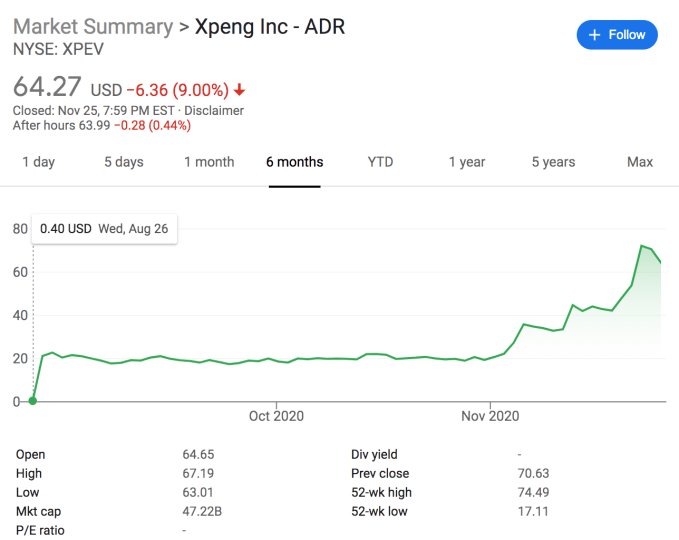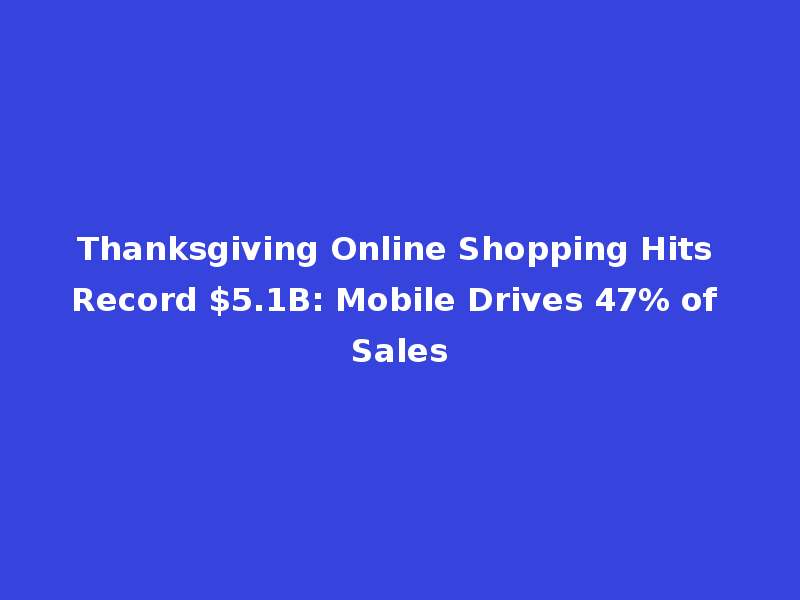Facebook’s Ad Tool Glitch Costs Millions: Another Blow to Trust
Facebook has admitted to yet another significant advertising reporting error, further eroding trust in its self-reported metrics. This latest mishap could prove costly for the social media giant—both financially and reputationally.
The Conversion Lift Tool Failure
A coding error in Facebook’s free “conversion lift” tool—used by thousands of advertisers—miscalculated sales derived from ad impressions over a 12-month period (August 2019-August 2020). According to AdExchanger, the flaw went undetected until recently.
Key Impacts:
- Financial Compensation: Facebook is offering millions in ad credits to affected advertisers (AdAge)
- Spending Decisions: Skewed data may have influenced advertisers’ budget allocations (WSJ)
- Industry-Wide Effects: Particularly impacted retail marketers who increased digital ad spending during the pandemic
Facebook’s Response
The company acknowledged the issue in September 2021, stating:
“While making improvements to our measurement products, we found a technical issue that impacted some conversion lift tests. We’ve fixed this and are working with advertisers that have impacted studies.”
However, Facebook declined to confirm:
- Exact compensation amounts (though reports suggest tens of millions in some cases)
- The total number of affected advertisers
The Bigger Picture: Accountability in Digital Advertising
This incident marks the latest in a series of Facebook metric errors dating back to 2016. It highlights growing concerns about:
- Transparency in digital advertising metrics
- Reliance on self-reported platform data
- Need for independent verification
Regulatory Changes on the Horizon
The European Union’s forthcoming Digital Services Act and Digital Markets Act aim to:
- Require algorithm transparency
- Implement binding reporting rules
- Subject tech giants to public oversight
As regulatory scrutiny intensifies, Facebook’s self-reporting practices may face significant challenges in maintaining advertiser trust.
For previous Facebook metric errors, see TechCrunch’s coverage from 2016 to present.












